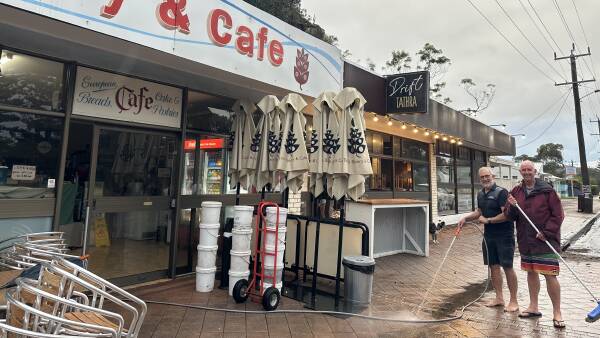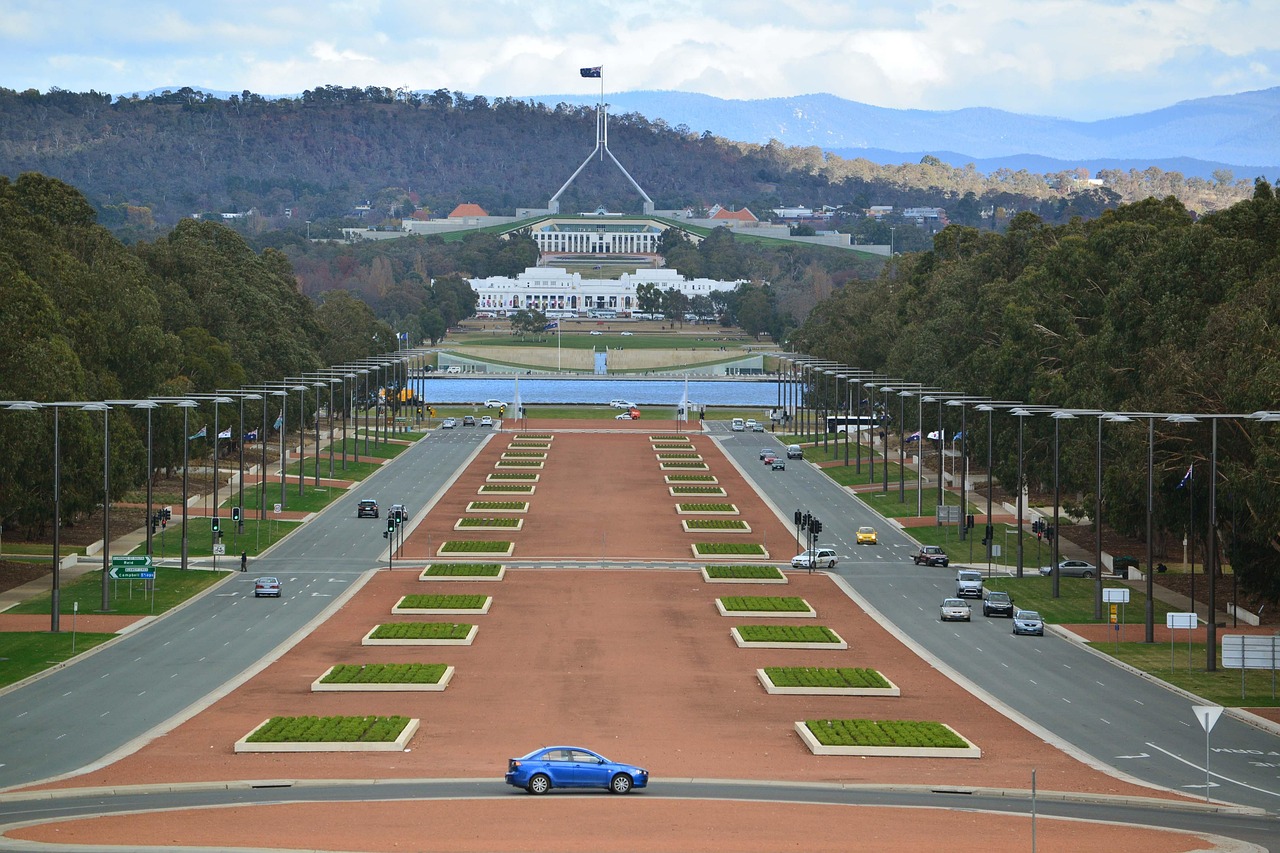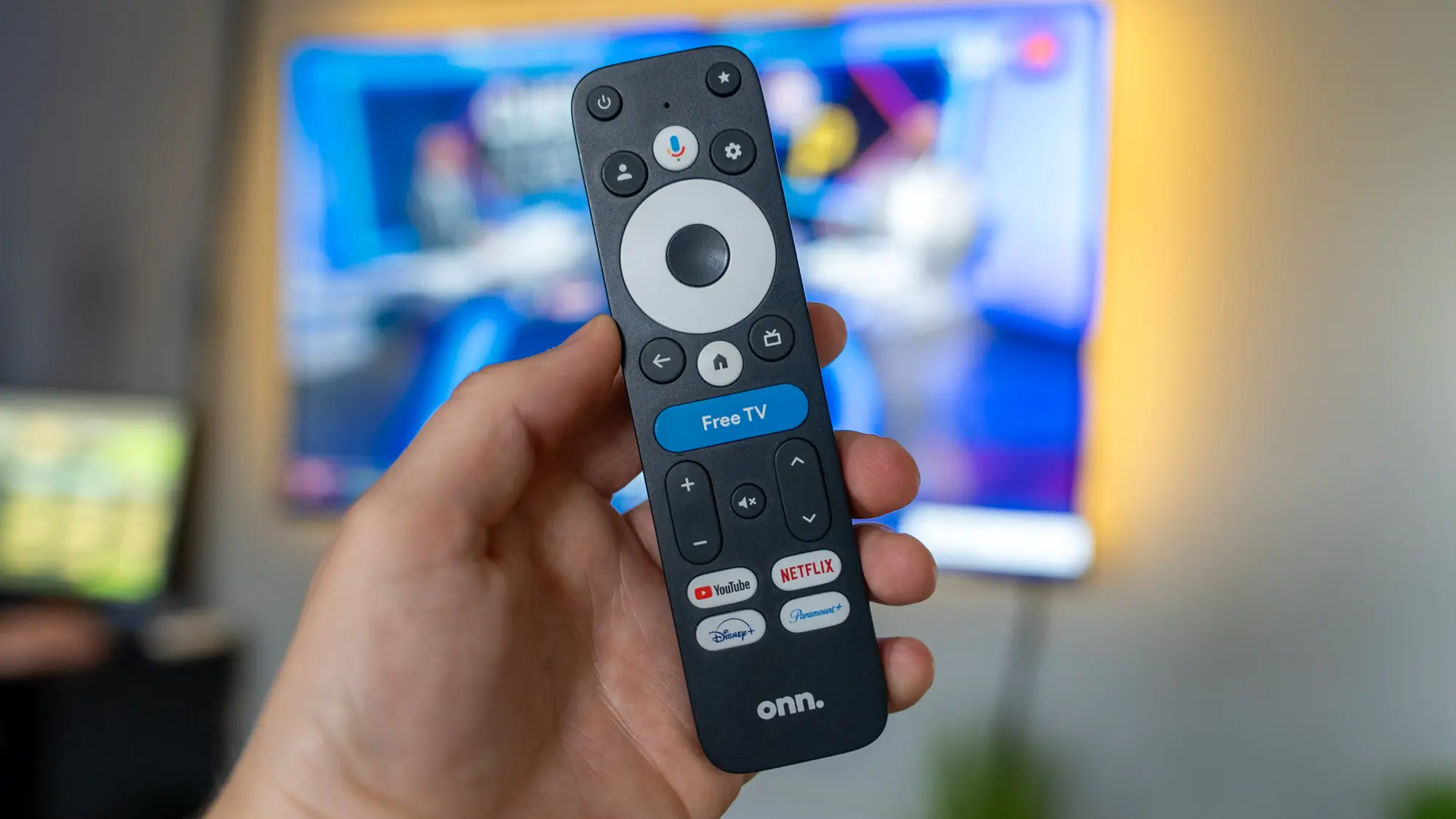
Microsoft has announced a major reduction in its workforce, with approximately 9,000 layoffs this week, significantly impacting its Xbox video gaming division. This strategic shift underscores a growing emphasis on artificial intelligence (AI) within the company, raising questions about the future direction of its gaming portfolio and the experiences of players worldwide.
The layoffs predominantly affect teams responsible for long-standing and successful titles. Microsoft’s decision to prioritize AI over human resources has sparked discussions about the implications for the gaming community. While AI technology has the potential to enhance gameplay and personalize experiences, the reduction in manpower may signal a shift in how games are developed and supported. The impact on beloved franchises remains to be seen, as players wonder if this focus on AI will compromise the quality and creativity that have characterized Microsoft’s gaming offerings.
In a related move, Nintendo has informed its shareholders about plans to invest in virtual reality (VR) technologies. This announcement comes at a time when VR has struggled to gain widespread acceptance in the gaming market. Observers are questioning whether Nintendo can reinvigorate interest in VR or if this initiative is merely a bid to attract investor attention without substantial backing. The company’s historical success in innovation makes this venture noteworthy, yet its ability to break through the current market skepticism remains uncertain.
Australia’s gaming landscape is also evolving, particularly in the realm of eSports. Recent reports highlight that approximately 2 million people in Australia engage in eSports, a striking contrast to the roughly 370 individuals competing in traditional Olympic sports like the javelin throw. This disparity prompts conversations about the recognition of eSports as a legitimate competitive activity. As the Brisbane Olympics approaches in 2032, there is speculation about whether Australia might leverage its burgeoning eSports community to advocate for inclusion in future Olympic events.
The juxtaposition of layoffs at Microsoft and the potential growth of eSports in Australia paints a complex picture of the gaming industry’s future. As companies like Microsoft pivot towards AI and other technologies, the relationship between human creativity and technological advancement will be crucial in shaping the gaming experiences of tomorrow. Players, developers, and investors alike will be watching closely as these developments unfold.






